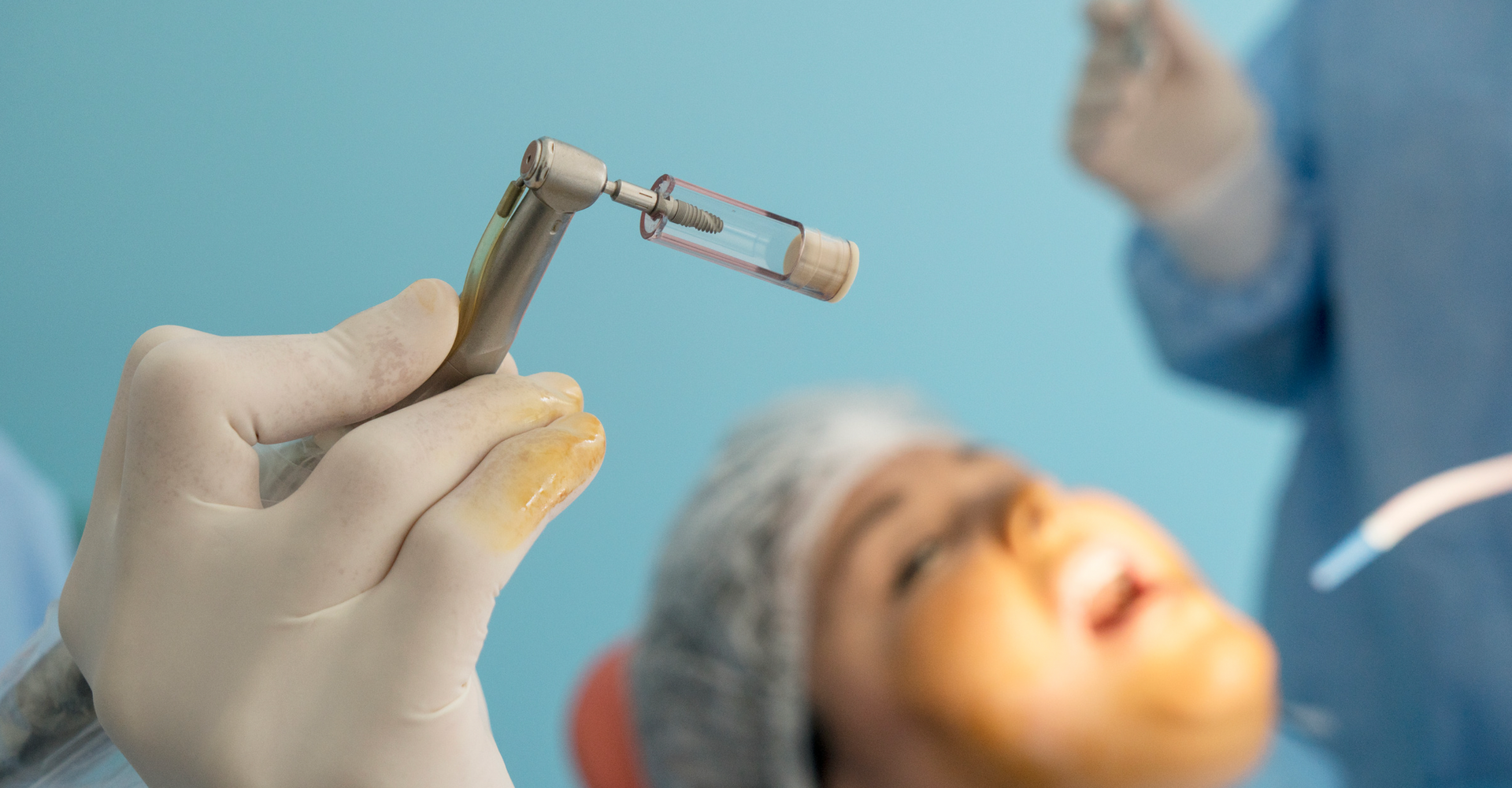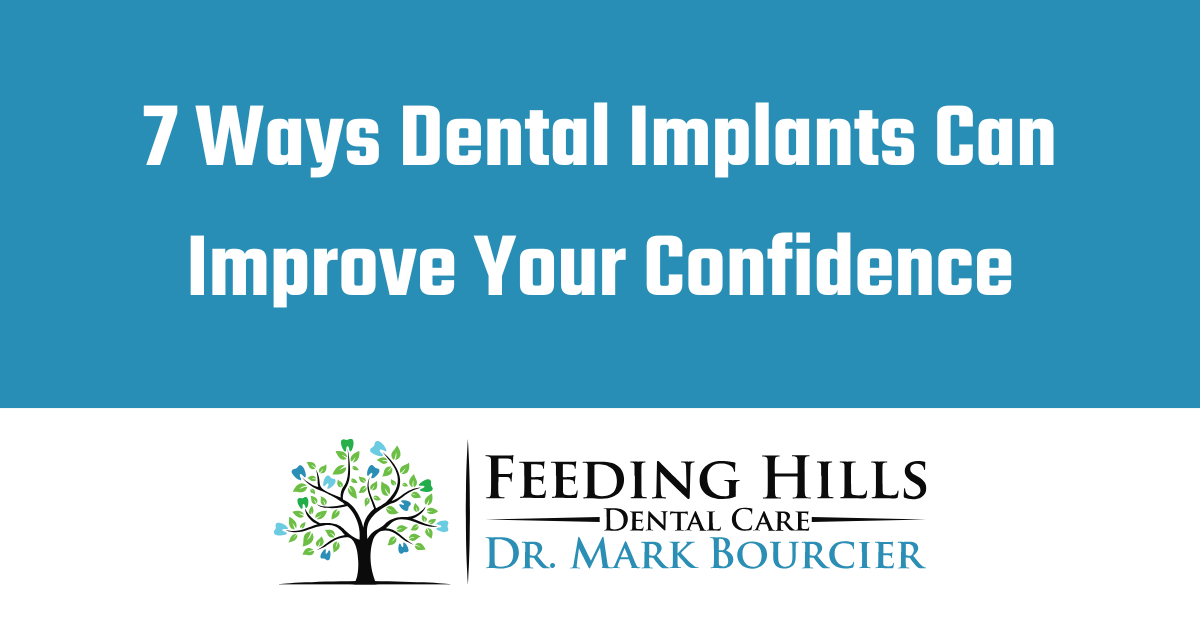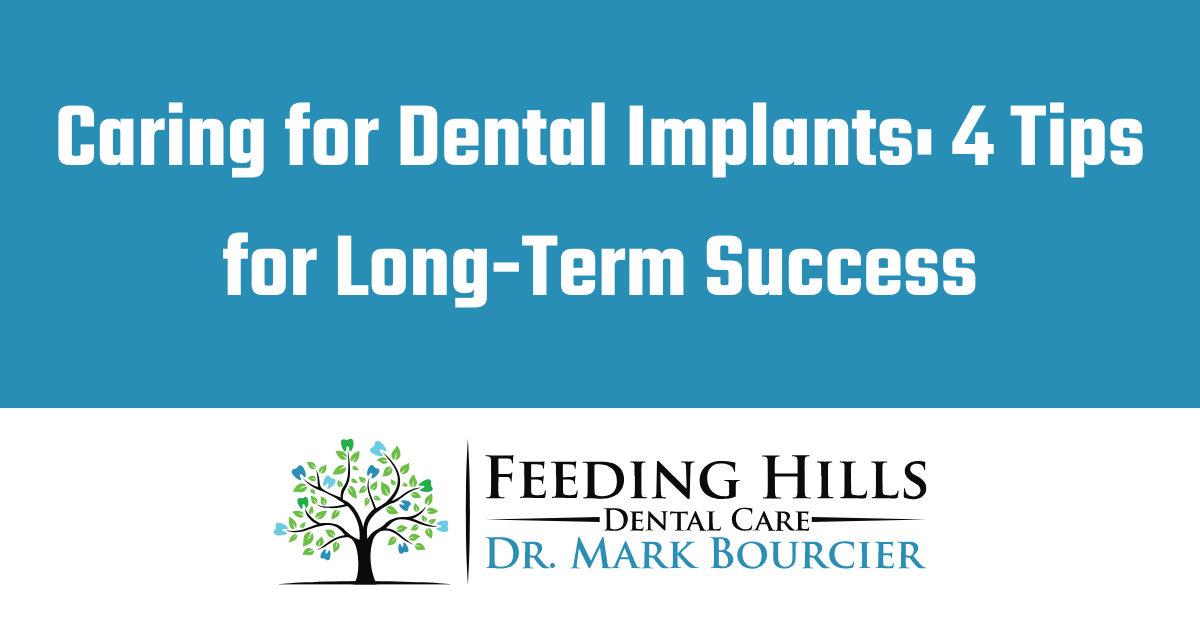pain-free tooth extractions in Agawam & Feeding Hills, MA
tooth extractions for decayed & impacted teeth in Hampden County
Tooth extractions are a common dental procedure that most people will experience at some point in their lives. While the thought of having a tooth removed can be intimidating, understanding the different types of extractions and knowing how to care for your mouth afterward can alleviate some of the anxiety. The professionals at Feeding Hills Dental Care
can help you understand the reasons for tooth extractions, the differences between simple and surgical extractions, and how to take care of your mouth following the procedure.
When Are Tooth Extractions Needed?
Tooth extractions may be necessary for a variety of reasons, including:
Simple Vs. Surgical Tooth Extractions
Tooth extractions can be classified into two main categories: simple and surgical. The appropriate method depends on the tooth's condition, location, and complexity. Simple tooth extractions are performed on teeth that are fully visible and easily accessible in the mouth. The dentist uses local anesthesia to numb the area, then loosens the tooth with an instrument called an elevator. Once the tooth is loosened, forceps are used to grasp and remove the tooth. This method is generally less invasive and has a quicker recovery time.
Surgical tooth extractions are necessary when a tooth is not fully erupted, broken at the gum line, or has non-parallel roots. This procedure is typically performed by an oral surgeon and may require IV sedation or general anesthesia. During a surgical extraction, the surgeon makes an incision in the gum to access the tooth, then removes any bone or tissue covering the tooth. The tooth may need to be sectioned into pieces for easier removal. Stitches are often required to close the wound and promote healing.
Taking Care of Your Mouth After a Tooth Extraction
Proper post-extraction care is crucial for a smooth recovery and minimizing the risk of complications. Here are some tips for taking care of your mouth after a tooth extraction:
receive expert Tooth Extractions at Feeding Hills Dental Care
Understanding the differences between simple and surgical tooth extractions and knowing how to care for your mouth afterward can help put your mind at ease during this common dental procedure. Our dedicated professionals have over 30 years of experience in providing dental care and tooth extractions for patients, and we can help you get rid of your problem teeth. By following instructions and maintaining good oral hygiene, you can expect a smooth recovery and a healthy, pain-free mouth in no time. Contact us today to make your next appointment!
Schedule an Appointment
For more information or to request an appointment, call us at (413) 786-7555 or fill out the form below.
Contact Us
Related Services
Why Choose Feeding Hills Dental Care?
You have plenty of options when it comes to where to receive dental care– so why do so many patients in the Feeding Hills area trust Dr. Mark Bourcier with their oral health? We are a dental office of choice thanks to:

Over 30 Years of Experience

Financing Options Available

Offers Dental Emergency Care

Comprehensive Dental Services

Accepts Insurance Plans

Implant and Mini Implant Provider
Read Our Blog





